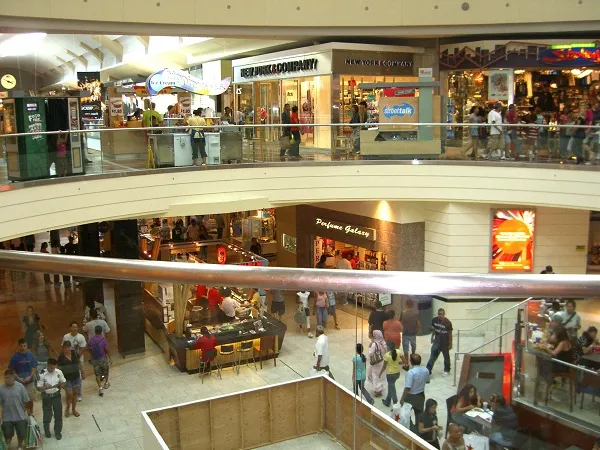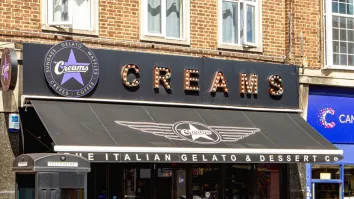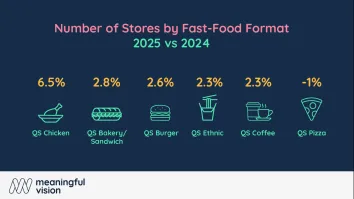
Leisure sector grows to £117 billion as UK consumers prefer pleasure to shopping, says research
The UK leisure market is worth £117 billion in revenue and is growing nearly twice as fast as the retail sector, according to a new state-of-the-sector report and a survey of 3,000 UK consumers from Deloitte, the business advisory firm.
Passion for leisure: A view of the UK leisure consumer looks at the key drivers of the UK leisure market, including how consumer behaviour is changing and the impact that the sector has on the broader economy. The report has found that in recent years a more confident UK leisure consumer has emerged, which has led to leisure spending growing at a faster pace than total consumer expenditure. In the first quarter of 2016, 95% of consumers spent money on leisure activities.
While UK consumers are continuing to spend on traditional leisure activities such as holidays, theatre and bowling, they are increasingly spending more time and money on frequent, habitual activities such as gym memberships, music and video streaming and eating out.
Simon Oaten, partner for hospitality and leisure at Deloitte, said: “In order to spend on leisure, consumers need sufficient disposable income to justify spending on non-essential activities. For this reason, the behaviour of the leisure consumer is essential to understanding the prospects for the UK economy.
“A confluence of factors, including low inflation and high employment levels, has boosted consumers’ spending on leisure in recent years. As a result, the UK leisure sector has grown at five per cent annually since 2010, outstripping GDP.
“Our analysis has found that we are witnessing an evolution in the mind-set of the leisure consumer; a behavioural shift from product-consumption to experience-consumption. Healthy highstreets are those that have retail stores interspersed with leisure, such as cafés and restaurants that attract footfall. Experienced-based propositions are key in order to attract and retain customers.”
The outlook for the leisure sector at the start of the second quarter of 2016 was positive, and consumers were bullish. However, the result of the EU referendum has led to uncertainty which may impact a leisure sector reliant on discretionary spending. In the longer term, the impact of leaving the EU will largely depend on the terms of the exit and their effect on consumers, employees and investors.
According to the report, should consumers experience a reduction in disposable income they will most likely reduce spending on frequent, habitual leisure activities such as betting and gaming (45%) eating out (39%) and drinking out (38%).
Oaten said: “The UK leisure sector has proven to be relatively robust in the face of recent economic shocks, supported by the growth of habitual leisure spend, as UK consumers have chosen to prioritise their spending in this area. Given the recent result of the referendum, it is now more important than ever that we understand and monitor the performance of the UK leisure sector, treating it as a barometer of consumer confidence.”























